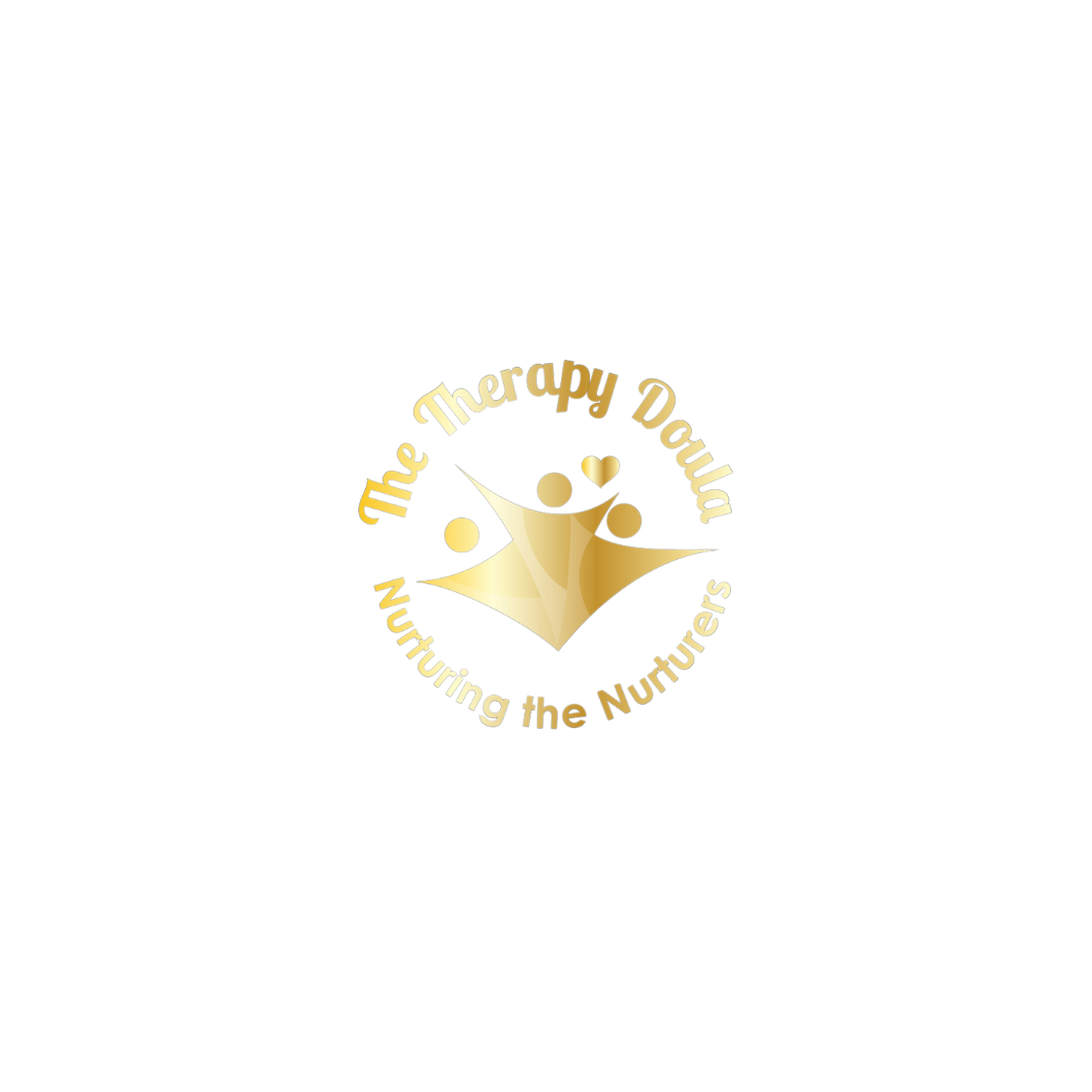Infant Mental Health is Real
Infant Mental Health Is Real
Because babies don’t need words to tell us what they feel.
When we think about mental health, we often picture therapy sessions, emotional regulation, or adult struggles. But the truth is, mental health begins in the earliest moments of life—even in the womb.
Infant mental health is not about diagnosing babies with anxiety or depression. It’s about how they experience and express emotions, how they form relationships, and how they begin to feel safe in the world. It’s the foundation for all future emotional, social, and cognitive development.
What Shapes an Infant’s Mental Health?
From birth, a baby’s brain is forming more than a million neural connections per second. These connections are shaped not just by biology, but by experiences—especially relational ones.
Babies rely entirely on caregivers for comfort, safety, and connection. When we respond to their cries with empathy, meet their needs with consistency, and hold them close in times of distress, we’re not just helping them feel better in the moment—we’re literally building their brains.
It’s Not About Being Perfect
Here’s the most reassuring part: babies don’t need perfect caregivers. They need caregivers who try. Who respond most of the time. Who are willing to repair when things go wrong. That’s what creates secure attachment, and it’s at the heart of infant mental health.
The Impact of Stress
When infants are exposed to chronic stress—like parental depression, housing instability, or trauma—they may experience ongoing activation of their stress response system. Without support, this can impact sleep, feeding, emotional regulation, and eventually behavior.
But again, this doesn’t mean all is lost. Infant mental health is resilient. With nurturing relationships and supportive environments, babies can heal. And so can parents.
Support Starts with Caregivers
To protect infant mental health, we must care for the caregivers. That means providing access to therapy, support groups, doulas, and parenting coaches. It means dismantling the stigma around asking for help. It means making space for real, raw conversations about how hard parenting can be.
Because when parents feel supported, babies thrive.
---
Let’s Normalize This Truth
Babies have mental health.
Mental health is relational.
Support and healing are always possible.
---
At The Therapy Doula Wellness, we help families build strong foundations from the very beginning. If you’re navigating the early days of parenting—or supporting someone who is—we’re here to help.

